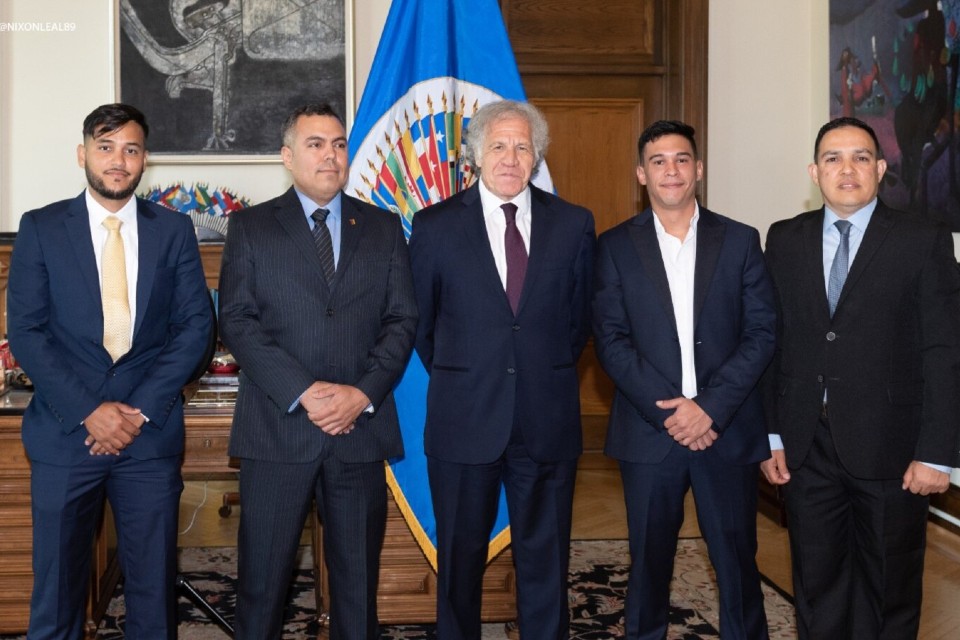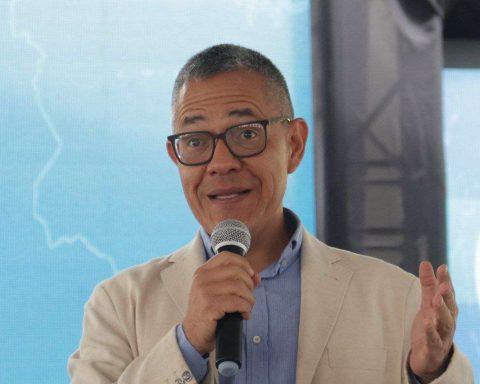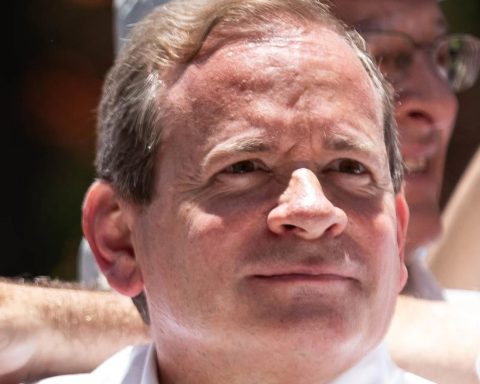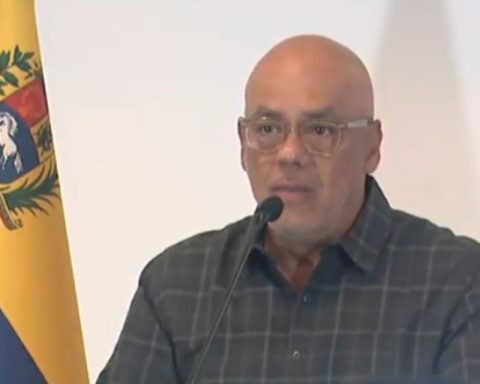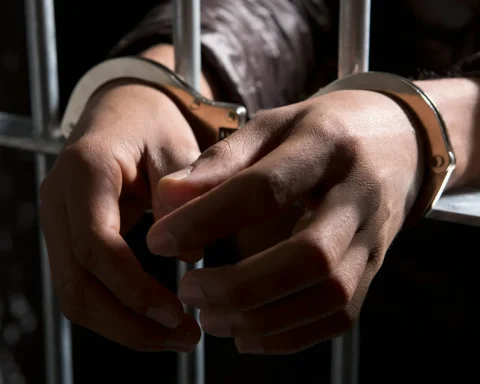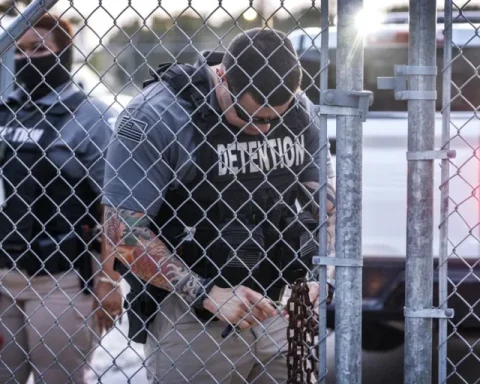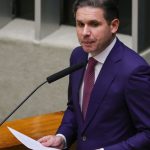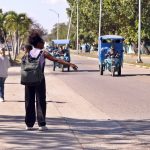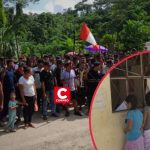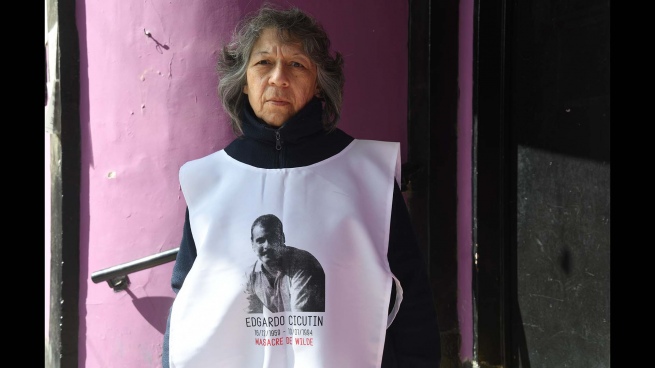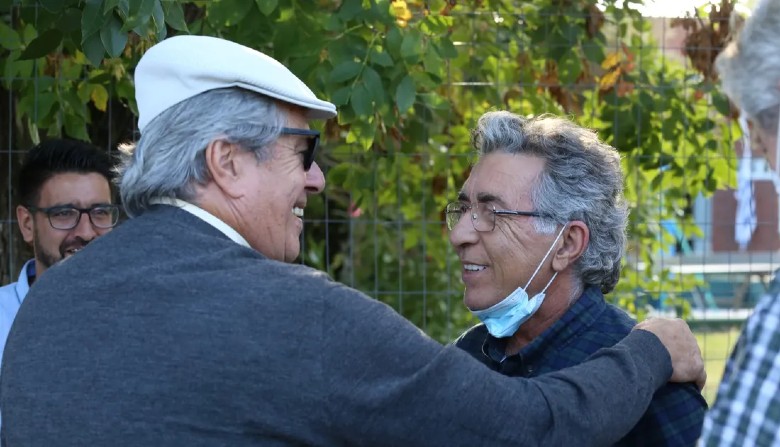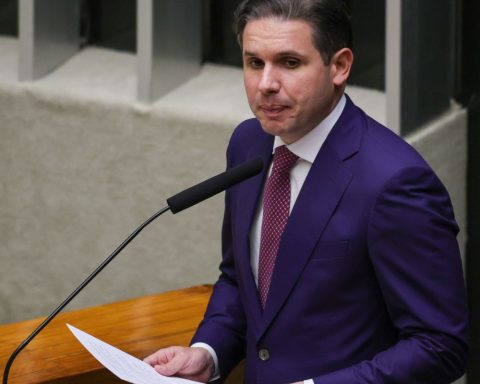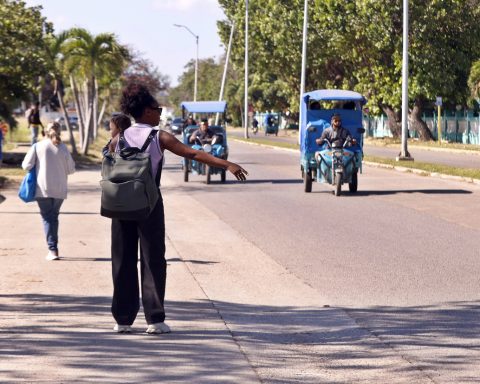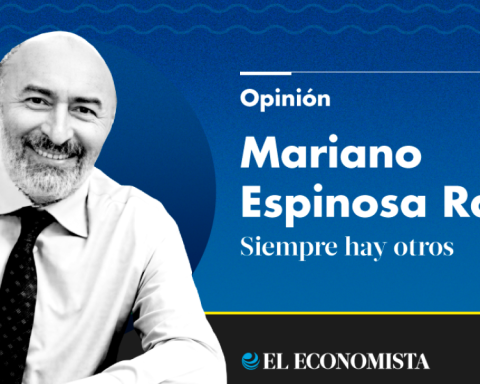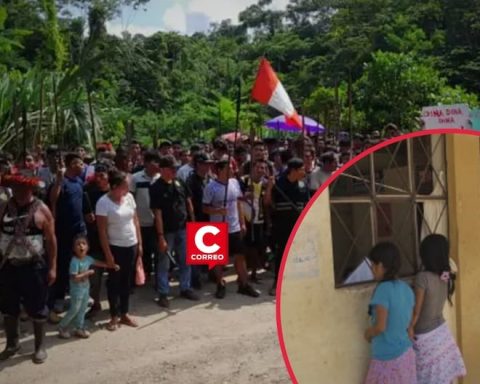“I went from the street to the political struggle, from the political struggle to prison, from prison to torture, from torture to clandestinity. I have not known anything else,” says activist Nixon Leal, in an interview with VOA
Text: Stephanie Martinez
Thousands of people took to the streets of Venezuela in 2014 to protest against the government of Nicolás Maduro. They were unhappy about crime, high inflation, and shortages of basic goods.
One of these protesters was Nixon Leal, a young activist who now lives in Los Angeles, California, after a forced exile for his participation in these protests.
“I went from the street to the political struggle, from the political struggle to prison, from prison to torture, from torture to clandestinity. I have not known anything else,” recalled Leal in an interview with the Voice of America.
The flame of being an activist is born
Before becoming a social activist, Leal explained that he did not understand what politics was about. However, he was very clear that his word was his signature.
“If I gave my word on something, that was it. Let the world fall but not my word,” explained Leal.
According to Leal, it was this same ideology that lit the flame of activism from an early age, when a political opponent approached his friend with a proposal.
“He tells her ‘look you know what? If you want, since you like soccer, I’ll give you a soccer ball, I’ll give you a trophy, I’ll help you organize an event, you hold your tournament, but you help me get into this neighborhood so I can try to win. votes,’” Leal said.
The young people fulfilled their part of the promise, but the leader failed to fulfill his and after that disappointment, Leal decided to join the opposition party. However, his intention was different.
Troy Horse
His rejection of the Maduro government encouraged him to join the opposition. However, disappointment with the opposition leader also played an important role in his decision.
“I knew it was against the government and I didn’t like it, but it was because I just didn’t like it. So then when I see that the opposition was not very good either. So I say what is this? But it was still opposition, but it was also opposition to many of their things that were really not good because they went against the parenting codes that my family had instilled in me,” said Leal.
On February 12, 2014, protests broke out and thousands of people took to the streets to express their rejection of the president’s policies.
According to a study by the Human Rights Watch organization, the Venezuelan government responded to these massive demonstrations with a brutal use of force causing deaths, leaving several people seriously injured and hundreds arrested.
*Also read: Reuters: Opposition considers June 2023 as date for primaries
“When I protested, I used it as a kind of mask to hide my identity for fear of reprisals. So this character always appeared at the protests and became very popular. But we don’t know who that character is, that masked man became a symbol of resistance because all the young people who were waiting for 9 and 10 at night to see the content of these journalists began to imitate or want to do things like what he was doing that masked character who was nothing more than protesting. Few people, very few people knew that the one wearing that mask was me,” Leal said.
However, the masks were replicated and Leal understood that the character had become a symbol of the resistance and an emblem that had to be handled responsibly.
arrests
As he narrates, Leal was behind bars five times for his participation in the 2014 demonstrations. Upon regaining his freedom almost three years later, Leal realized that the opposition movement had changed its tone.
“I spent two years, seven months and 22 days detained there. It was no longer just that you go, protest and suddenly there is a confrontation, you threw some stones or some molotov. No, it’s already today had transpired. If before you were risking your life. This was worse,” Leal explained.
On several occasions, the young activist was forced to go into hiding until, according to him, in 2017 the forces of public order raided his home and launched a threat against his family.
“As soon as they leave, they threaten that ‘well, tell your son that if he doesn’t turn himself in, you’ll go to jail.’ say rise. And from one of my brothers from Holland, she moves and helps my mother and takes her out of her to Cúcuta, Colombia, “recalled Leal.
It was at this moment that the young Venezuelan decided to leave Venezuela alone, become one more exile and take the route that thousands of migrants take and that hundreds do not survive: the Darién Gap or the “green hell”
Post Views:
40
